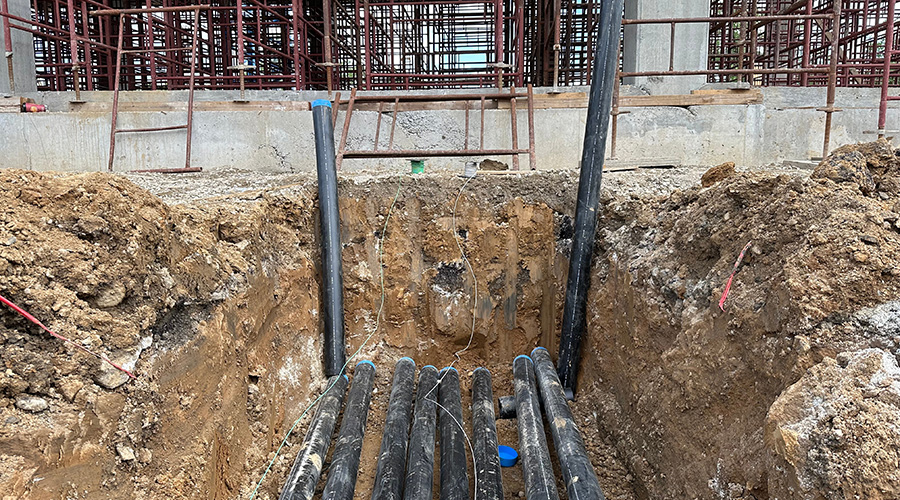ASHRAE Funds Student Research Focused on Workplace Noise Levels
Research to determine if new standards should be implemented for background noise levels in design of spaces for hearing-impaired people is being funded by ASHRAE.
By CleanLink Editorial Staff
Research to determine if new standards should be implemented for background noise levels in design of spaces for hearing-impaired people is being funded by ASHRAE.
Nineteen students will receive a total of $173,000 through ASHRAE’s grants-in-aid program, which is designed to encourage students to continue their education in preparation for service in the HVAC&R industry. The grants are awarded to full-time graduate students of ASHRAE-related technologies.
Grant recipient Lauren Ronsse, University of Nebraska, Lincoln, currently is studying whether people with hearing impairments respond similarly as people with no impairments to seven mechanical system background noise conditions. The proposed research is a continuation of that study including more people and different types of noise signals.
Ronsse will investigate productivity and subjective perceptions of people exposed to mechanical system background noise. Results of the research may lead to development of different standards for noise criteria levels for spaces designed for the hearing-impaired.
Other recipients of ASHRAE grants-in-aid include:
- Soolyeon Cho, Texas A&M University, College Station, Texas, Development of an Easy to Use Simulation Tool for Designing High Performance Office Buildings in Hot and Humid Climates
- Jeremy Dreiling, Kansas State University, Indoor Air Quality in Health Care Facilities Focusing on Air Cleaning Methods and Technology
- Benjamin Welle, University of California, Berkeley, Mixed-Mode Ventilation: A Blueprint for Design
- Paulo Cesar Tabares Velasco, The Pennsylvania State University, University Park, A New Energy Model to Meet the Sustainable Challenge by Enabling ASHRAE Engineers to Calculate Potential Energy Savings Due to Green Roofs
- Donghyun Seo, University of Colorado at Boulder, Application of Solar Radiation/Illuminance Models to Advanced Daylighting and Solar Heat Gain Control Strategies
- Robert Slowinski, University of Colorado at Boulder, Fundamentals of Breathing Walls and Their Potential to Reduce Building Energy Consumption and Improve Indoor Air Quality
Related Topics:











